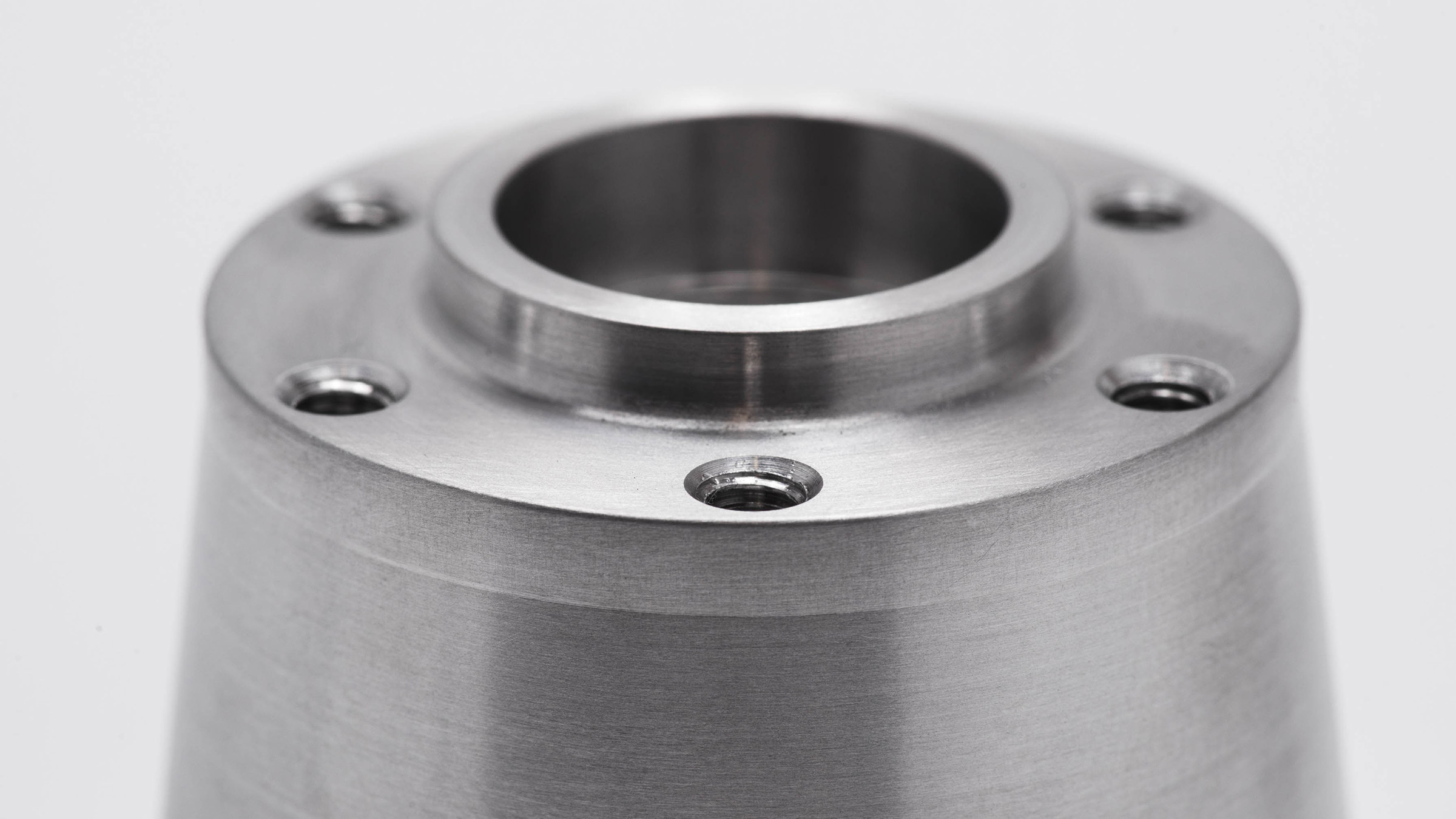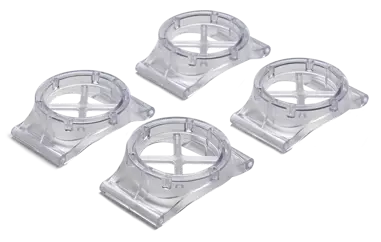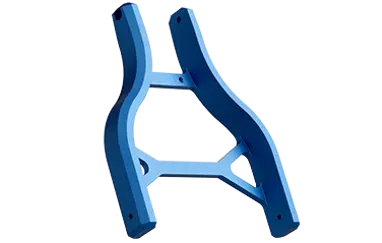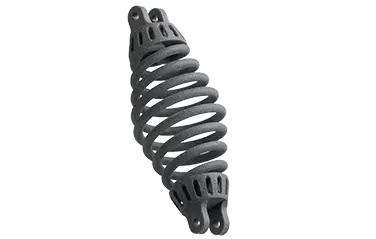Talk with Our Team
Hello! We just need a few bits of information then a manufacturing expert will reach out to you directly to see we how can partner on a future production project.
Thank you! We've received your request and a member of our team will reach out shortly.
Digital Manufacturing for Automotive Product Development
Conquer ever-shortening development cycles for traditional, electric, and autonomous vehicles with rapid prototyping and low-volume production
Certification + Compliance
ISO 9001:2015 | ISO 13485:2016 | AS9100D | ITAR





How Do Automotive Companies use Protolabs?
Rapid PrototypingMitigate design risk through rapid iteration and prototyping in production materials without sacrificing development speed. |
Quality InspectionsValidate part geometry with several quality documentation options. Digital inspection, PPAP, and FAI reporting are available. |
Mass CustomizationImplement low-volume manufacturing to enable more diverse and customized automotive features that are tailored to modern drivers. |
Supply Chain FlexibilityGet on-demand support for line-down emergencies, part recalls, or other supply chain disturbances in your production plants by using automated quoting, rapid tooling, and low-volume production parts. |
Tooling and FixturesImprove manufacturing processes to create greater automation and streamlined component assembly with custom fixturing. |
| We are the fastest and most comprehensive digital manufacturer in the industry with more than 25 years of experience developing products for innovative automotive companies around the world. | 100% of Fortune 100 Automotive Companies Served |
700 Million Parts Manufactured |
300,000 Customers Served |
Full Production Support Team
| We have a team of manufacturing experts working behind the scenes to fulfill your production order—we manage the entire process and keep you updated along the way. |

Account ManagerA dedicated account manager provides support, including assistance with platform and file uploads. |

Applications EngineersExpert CAD solutions and cost-reduction strategies tailored by in-house applications engineers to optimize your designs. |

LogisticsSeamless logistics fulfillment and efficiency optimization from experienced operations specialists. |

Quality ControlOur expert on-site quality control teams ensure your parts meet your expectations and exact specifications. |
Manufacturing Services for Automotive Products
Injection Molding
Get affordable, high-quality molded parts and bridge tooling within days. With our free moldability consultation, the design and molding process is rapidly accelerated to save you time and money.
- Low-volume molding up to 100,000+ parts with volume pricing available—no MOQ required
- 100+ plastic, elastomeric, and silicone rubber materials
- Automated CMM for fast, in-house quality documentation
CNC Machining
Leverage the same speed, precision, and reliability in machining that you’re accustomed to at Protolabs but unlock advanced machining capabilities like tighter tolerances and volume pricing through our manufacturing network.
- Machined parts in as fast as 1 day with optional plating and anodizing in as fast as 4 days
- Cost-efficient machined parts at higher volumes
- Tolerances down to ±0.001 in. (0.020mm) through our digital network
3D Printing
Want quality parts and additive expertise at a single 3D printing source? Choose from seven different additive manufacturing technologies for cost-effective prototyping and highly precise, repeatable production parts.
- Additive technologies include metal 3D printing, SLA, SLS, FDM, and more
- 30 plastic and metal materials in a range of finishes
- 25 years of additive manufacturing expertise
Sheet Metal Fabrication
From easy quoting to quick-turn production and finishing options, get up to 500 quality sheet metal parts in your hands in days from a single supplier.
- Instant quotes with interactive manufacturability feedback
- Six sheet metal materials including aluminum, stainless steel, steel, brass, and copper
- Finishing options from welding and hardware insertion to powder coating and silk screening

Quality Measures for the Automotive Industry
Our industry-standard procedures and certifications guarantee quality and regulatory compliance.
| CMM inspection report | First Article Inspection (FAI) |
| Dimensional Inspection Report (DIR) | PPAP |
| Material Certificates + Certificate of Analysis | Conflict Minerals Reporting |
| REACH + RoHS Certificates | Prop65 |
| Industry Certifications: ISO 9001 and AS 9100 | Certificate of Conformance (CoC) |
| Industry Certifications (Protolabs Network): ISO 13485, ISO 14001, ISO 45001, and ISO TS16949 |
Materials for Automotive Applications

ThermoplasticsChoose from hundreds of thermoplastics including PEEK, acetal, or supply your own material. Maintain branding with custom colorant for qualified projects. |

Nylons3D print functional prototypes in several nylon materials available through selective laser sintering and Multi Jet Fusion. Mineral- and glass-filled nylons improve mechanical properties when needed. |
Liquid Silicone RubberSilicone rubber materials such as fuel-resistant fluorosilicone can be used for gaskets, seals, and tubing. An optical clarity silicone rubber is also available for lens and lighting applications. |

AluminumThis all-purpose metal used for light-weighting provides excellent strength-to-weight ratio and can be machined or 3D printed.
|
Common Automotive Applications
We have several capabilities within our manufacturing services catered to the automotive industry. Here are a few applications we frequently see.
|
|













